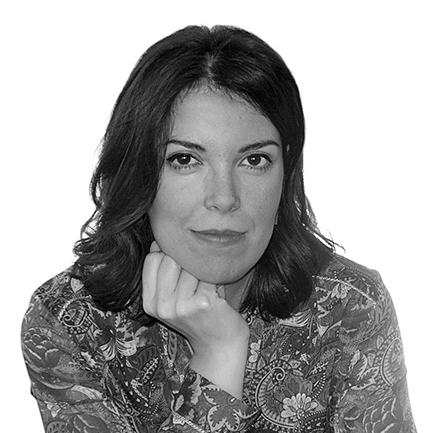Maria Rosa Garrido Sardà
I am Lecturer in English Language and Linguistics at the Autonomous University of Barcelona. Following my PhD in English Linguistics (2014), I was postdoctoral researcher at the Institute for Multilingualism (University of Fribourg) during two years and then I was Fixed-Term Lecturer in English Linguistics at the University of Lausanne (2017-2021). My main research projects investigated a residential project for homeless migrants within an umbrella NGO for migrants, a social movement of international solidarity from the viewpoint of two different sites, and a major humanitarian agency that recruits, trains and manages mobile staff from Geneva. I have also conducted action research in language classrooms in Catalonia.

